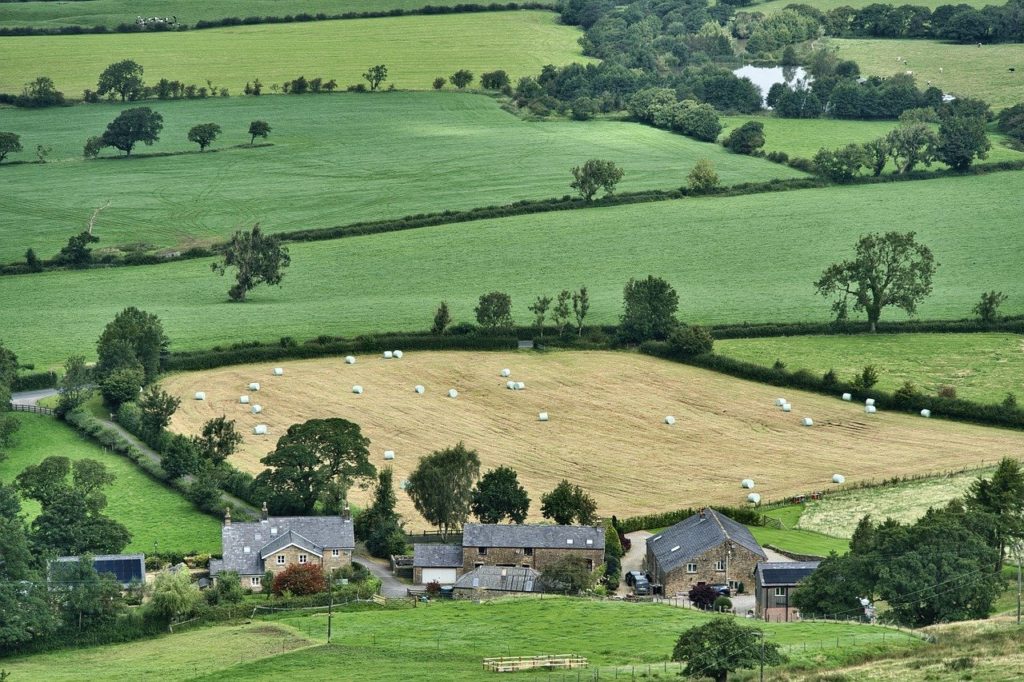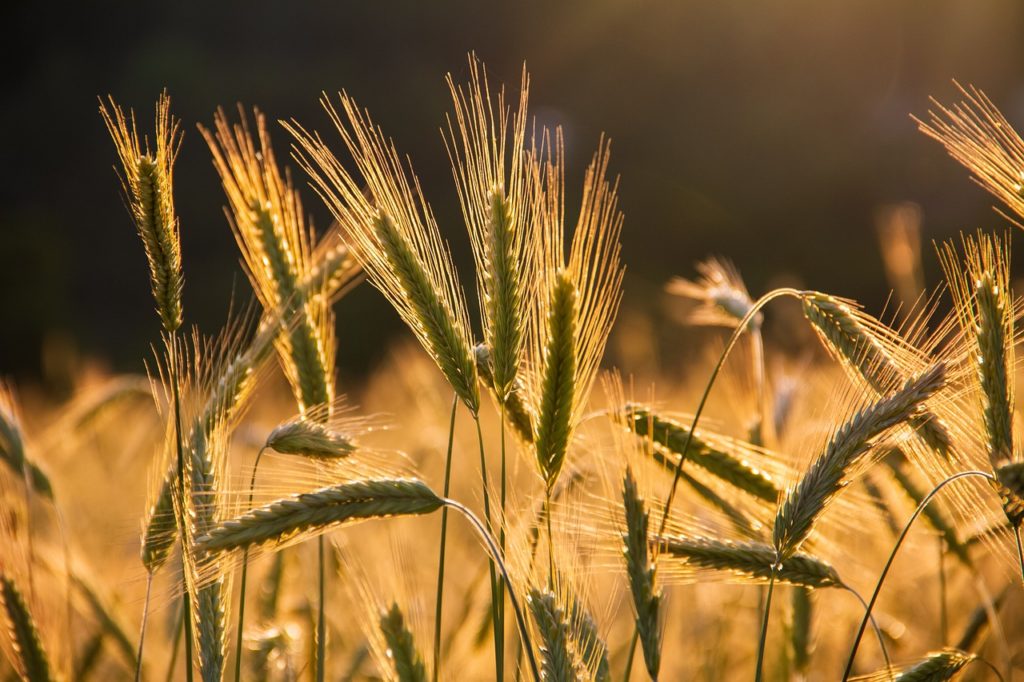Selling my farm, yes, but at what price?
Are you planning to sell your farm? There are two options open to you: sell your business alone or enlist the help of an agency specialising in transactions.
So what are the advantages and disadvantages of each option? What are the risks associated with selling without support? What skills and resources do I need to sell my farm?
Nicolas Le Labourier, negotiator in Maine-et-Loire and sales manager at Quatuor tells you all about it!
Selling your farm: the hidden risks behind advantageous appearances
At first sight, opting to sell without using an agency has undeniable advantages, such as the absence of agency fees, the freedom to set the sale price as you wish and the ability to manage the process according to your own preferences. But is it really risk-free?
The selling price of a farm, the sinews of war
Establishing the selling price of a farm, whatever the activity or production, without expert advice can be a major challenge. First of all, it requires us to think carefully about our ability to assess the value of our farm accurately and objectively. Do we have the necessary skills to take into account all the elements that influence the price, such as the quality of the land, the hectares available, your farm’s equipment, farm buildings and other assets? In addition, do we have an in-depth knowledge of local and regional market prices in France (e.g. price per hectare)? This knowledge is crucial if we are to set a competitive price that will attract potential customers without underestimating the real value of our farm.
A poor estimate of the sale price can have significant consequences. By underestimating the price, you could potentially sell your farm for less than its real value, resulting in a financial loss.
On the other hand, if we overestimate the price of your farm, this can deter potential buyers and considerably extend the time it takes to sell our property.
Setting the sale price without expert advice involves major risks, so calling in a professional who specialises in farm transfers is a wise option. This will ensure that your farm is properly valued and that you get the best possible price when you sell within a reasonable timeframe.

Be able to sell your business independently at every stage
When considering putting a property up for sale, a number of issues arise, all aimed at ensuring a fair and satisfactory transaction for all parties involved.
The first question is how to value the property. What price should you put on it? Is it based on its asset value, its economic value or its market value? How can I guarantee fairness, both for my own interests and for those of my future buyer who wants to set up farming?
After that, the verification phase becomes essential. It’s essential to check the origins of ownership, the existence of easements or rights of way on your farmland, and any potential impact of installations classified for environmental protection (ICPE). Technical and energy performance diagnostics for your home (DPE) must also be carried out to inform future buyers. All this information is essential to the sale of your farm.
It is also essential to understand your rights and obligations as a seller, as this can enable you to protect your interests during negotiations and make informed decisions throughout the sales process. A thorough knowledge of these aspects can help you avoid disputes and ensure a smooth and successful property transaction.
Deciding what will be included in the sale and what could be offered as an option requires a real strategy. Are we talking about selling livestock buildings, for example, or technical installations, equipment, stocks or crop advances? Is it a question of selling assets or shares?
Communication plays a central role in the sales process. How do you write an effective ad? Should professional photos be used? Will you be available for viewings?
Managing farm visits also requires rigorous organisation. It’s crucial to present a clean and tidy site, to filter potential candidates and to plan visits efficiently. Knowing how to behave in front of a buyer and managing negotiations are essential skills.

Finally, there are questions about the ability to manage the negotiation itself. This requires not only availability, but also experience and commercial and behavioural skills.
In short, selling a farm requires meticulous preparation, a good knowledge of procedures and a range of skills to ensure a successful transaction.

When I am involved in a property transaction, a number of questions about my responsibility arise:
The first concerns the possibility of errors or omissions in the transmission of vital information (e.g. an error in the surface area of the land at the time of purchase). It is vital to ask whether I am actually responsible for such errors and what risks they entail for me. Similarly, omissions, even involuntary ones, can have a significant impact on the transaction. It is therefore essential to ensure complete transparency and to disclose all relevant information to avoid any subsequent liability. Finally, the question of defects in the goods sold requires particular attention. Should I disclose any defects that could affect the transaction? This is fundamental to ensuring ethical and responsible conduct throughout the property process.
Will I be able to secure the sale of my farm?
When I am involved in a property transaction, a number of essential aspects emerge, requiring particular attention to secure the process:
Do I have the in-depth knowledge of the property market needed to assess the relevance of this offer? Do I have all the information I need to secure this offer effectively? How can I prevent potential withdrawals that could jeopardise the transaction?
What means do I have at my disposal to guarantee the security of the financing? Do I have the right to ask for documents attesting to the buyer’s solvency, to ensure the reliability of the transaction?
Drawing up the preliminary sales agreement is a delicate stage. How can I ensure that it is accurate and complies with current regulations?
When drawing up the preliminary contract, what documents are essential? What information must be included to ensure the legal validity of the transaction?
Finally, the question of drafting costs remains important. Who is responsible for the costs incurred in drafting the contractual documents? These are all essential concerns that need to be taken into account if you are to complete a property transaction successfully and safely.
In short, selling a farm is a complex task that requires a wide range of expertise. While the option of selling on your own may seem attractive to some, it’s crucial to recognise the challenges and requirements associated with doing so. If you don’t have all the skills listed above, it’s highly recommended that you call in a professional who specialises in farm transactions.
A specialist agency not only provides in-depth knowledge of the market and property trends, but also the legal and commercial expertise that is essential for a successful transaction. Using a professional who specialises in farm transfers also gives you access to an established network of potential buyer contacts (those wishing to set up or expand their farm), which can speed up the sale process and maximise opportunities.
What’s more, by entrusting the sale to a specialist agency, you free yourself from the day-to-day management of the transaction, allowing you to concentrate on other aspects of your professional and personal life. Ultimately, choosing to work with a qualified and experienced professional in the field of agricultural transactions offers peace of mind and assurance that the sale of your farm will be a success.
